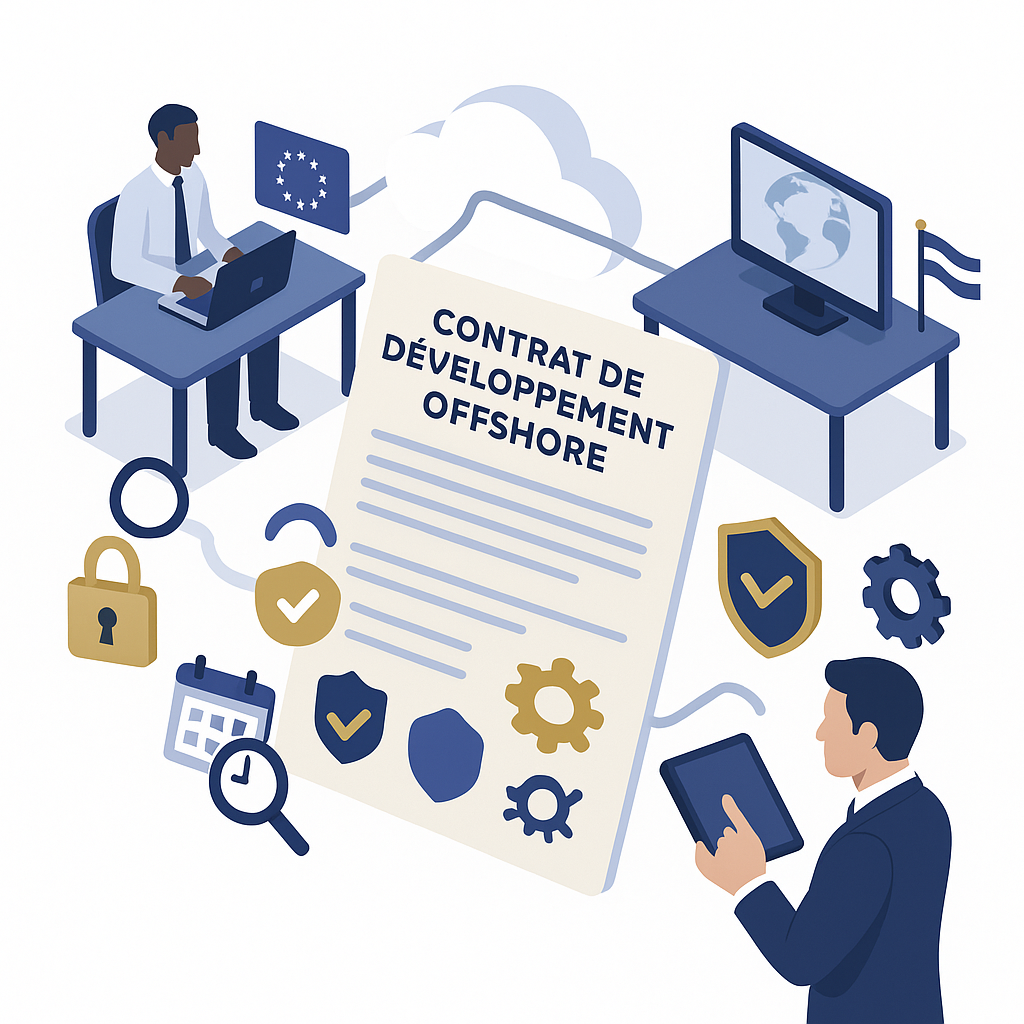Cold calling is a major concern for many consumers, who are often confronted with intrusive and sometimes misleading practices.
Against this backdrop, the recent adoption by the French National Assembly of the "Consensual telephone canvassing" bill marks a significant turning point in consumer protection in France. With the aim of strengthening existing regulations, this initiative aims to establish clear rules around prior consent to canvassing, a key element in guarding against abuse and fraud, particularly in sensitive sectors.
While previous measures such as the Hamon law and the Naegelen law have laid the foundations for framing these practices, it is crucial to explore how this new legislation proposes to improve the current situation. In this article, we take a detailed look at the main measures of this proposed law, the distinctions with previous texts, and the potential consequences for professionals and consumers alike.
If you need a consumer law attorney, contact me!
What are the bill's main consumer protection measures?
The bill recently passed by the French National Assembly introduces significant measures to strengthen consumer protection against telephone canvassing. By placing the emphasis on prior consent, it aims to establish a more rigorous legal framework in this area, thereby remedying the inefficiency of previous systems.
From January 1, 2026, theopt-in principle will be introduced, making all forms of telephone canvassing illegal without the explicit consent of consumers. This far-reaching measure obliges professionals to ensure that they have clear authorization before prospecting, which can considerably reduce the number of unsolicited and intrusive calls.
In addition, the proposed law extends the ban on cold calling to new sectors, notably those involving the sale of equipment or work to adapt housing to ageing and disability. This decision is designed to protect the most vulnerable consumers, who are likely to be targeted by abusive practices.
At the same time, to counter the new threats of phishing, the law proposes the use of anti-spam filters for messages sent by SMS. This measure aims to guarantee secure electronic communication for consumers, minimizing the risk of scams. These are all aspects of digital law that require special attention.
To ensure effective application of these new rules, the proposal also includes a facilitation of information sharing between control and enforcement authorities. The three bodies involved - fraud control, CNIL andARCEP- will have to work closely together to ensure that these new provisions are applied. This approach ensures rigorous monitoring of law enforcement.
In short, these new provisions are part of a package of measures designed to protect consumers from abuses associated with cold calling. In this dynamic of legislative evolution, it is essential to analyze how this proposal differs from previous legislation, while preserving consumer rights.
How does the new legislation differ from previous legislation on cold calling?
The new bill on consensual telephone canvassing introduces some innovative concepts, broadening the consumer protection framework compared to previous schemes such as the Hamon and Naegelen laws. Indeed, these laws had already initiated a degree of regulation by prohibiting unsolicited canvassing under certain conditions, but without succeeding in establishing prior consent as strict as that proposed today.
The main distinction lies in the application of theopt-in principle, which transcends previous approaches. Previously,opt-out systems allowed consumers to unsubscribe from canvassing lists, but the new framework requires explicit acceptance prior to any canvassing action. This radical change is aimed at making professionals more accountable and putting an end to abuses, such as the proposal for a strengthened Bloctel system so that consumers no longer have to declare their wish not to be contacted.
In addition, the new legislation extends protections to a wider range of sectors, including those related to health or assistance, which were not adequately covered by previous legislation. This development is aimed at preventing fraudulent practices that particularly target people in vulnerable situations. In this respect, competent authorities such as CNIL andARCEP will have a greater role in monitoring canvassing practices.
Finally, it is important to note that the proposed law also reinforces the financial penalties for non-compliance with the new rules. Offenders will be exposed to significant fines, an aspect lacking in previous schemes. Thus, the more rigorous alignment of control measures with corporate obligations is essential to ensure effective implementation of the legislative framework.
These significant changes in the designation of consumer rights against cold calling pave the way for reflection on the implications of this new law for professionals and consumers alike. Indeed, it will be crucial to assess how this legislation will influence commercial practices and consumer behavior in the future.
What does this law mean for professionals and consumers?
The new proposed law on consent-based cold calling has significant implications for professionals and consumers alike. By introducing a framework of prior consent, it is vital to understand how this regulation redefines commercial interactions and the associated legal landscape.
For professionals, the implementation of theopt-in principle means a reorganization of their marketing strategies. Companies must now ensure that they have obtained the explicit consent of consumers before proceeding with any telephone canvassing. This represents a major change compared to theopt-out previously in force, as companies will have to invest more in responsible and transparent marketing practices. This means not only adjusting prospecting methods, but also re-evaluating customer databases to ensure they comply with the new rules.
Failure to comply with these new obligations can result in severe financial penalties. This includes substantial fines for offenders, reinforcing the importance of rigorous compliance. Incentives such as these are essential to ensure effective redress against potential abuse of cold calling, particularly in vulnerable sectors where there is an increased tendency to fraud.
On the consumer side, this legislation will provide better protection against abusive commercial practices. By strengthening their right to privacy throughopt-in, consumers will be able to choose more actively whether or not they wish to receive commercial calls. This contributes to a more respectful customer experience, which could increase trust in companies.
In addition, increased awareness of the Bloctel system and measures against phishing will improve communications security. As a result, consumers will benefit from enhanced protection against attempted fraud and telephone harassment.
However, it is important to remain vigilant: consumers will need to be informed of their rights and the means of action available to them to assert these rights. This will require a joint effort by regulatory authorities such as CNIL, Repression des Fraudes andARCEP to ensure that consumers are fully aware of the protections available to them.
In conclusion, the implications of this law for professionals and consumers reveal an evolving dynamic in the regulation of cold calling. The impact of these changes will be felt in the way companies interact with their customers, while redefining consumers' expectations of commercial practices. With this in mind, it will be interesting to follow the evolution of both parties' behaviors in this new legislative context.




